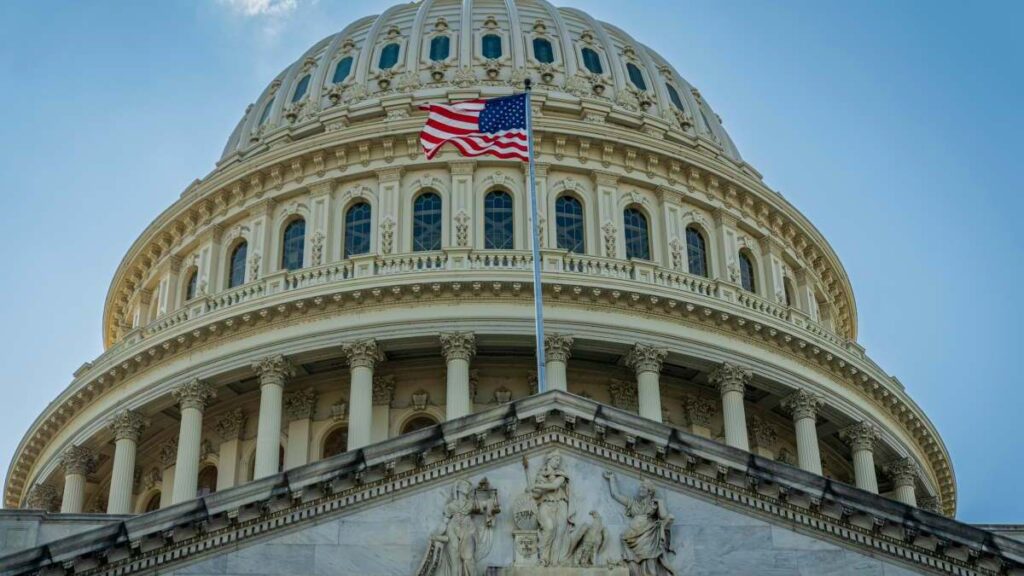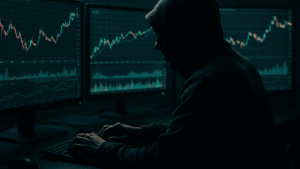TL;DR:
- Executives from Coinbase, Chainlink, Kraken, Ripple, Circle, and others meet with Democratic senators led by Kirsten Gillibrand to discuss crypto market regulation.
- The meeting stems from the industry’s rejection of a proposal that would treat invisible DeFi projects as financial intermediaries, raising alarm bells about its impact on development.
- The meeting seeks to create a regulatory framework that balances innovation and protection, with a real risk of talent and capital flight if the U.S. fails to act with clarity.
A roundtable discussion this week in Washington, D.C., has generated an unusual degree of excitement within the crypto sector: executives from digital asset companies will sit down with Democratic senators to discuss emerging regulations on the market. With voices ranging from Coinbase to Chainlink and Kraken, the meeting aims to recalibrate the relationship between the crypto ecosystem and federal regulation.
Meeting details
The session will be chaired by Senator Kirsten Gillibrand (D-NY) alongside other Democrats such as Cory Booker, Mark Warner, and John Hickenlooper, and will include executives from key companies in the digital sector. Lawmakers aim to resume regulatory work after the uproar caused by a leaked proposal that would have classified decentralized finance (DeFi) developers as traditional financial intermediaries.

The original draft drew criticism that it did not understand how open software and decentralized applications, which operate without traditional intermediaries, actually work. Industry executives have warned that poorly designed regulation could push innovation out of the United States and into Europe or Asia.
During the meeting, the leaders are expected to raise their concerns about current regulatory gaps and propose schemes that balance user protection and technological innovation. At the same time, senators seek to show a willingness to engage in dialogue and respond to a sector that complains of a lack of regulatory clarity and the risk of personnel and capital fleeing to more flexible jurisdictions.
For both sides, this meeting is strategic: for regulators, it would serve as a first step toward rules that provide certainty to a market whose volume and scope are growing rapidly; for crypto companies, it is an opportunity to influence the framework that would define their future. Although the tone is collaborative for now, the underlying tension suggests that the smoothness of the meeting depends on whether commitments are made to prevent further leaks or proposals that trigger more resistance.










